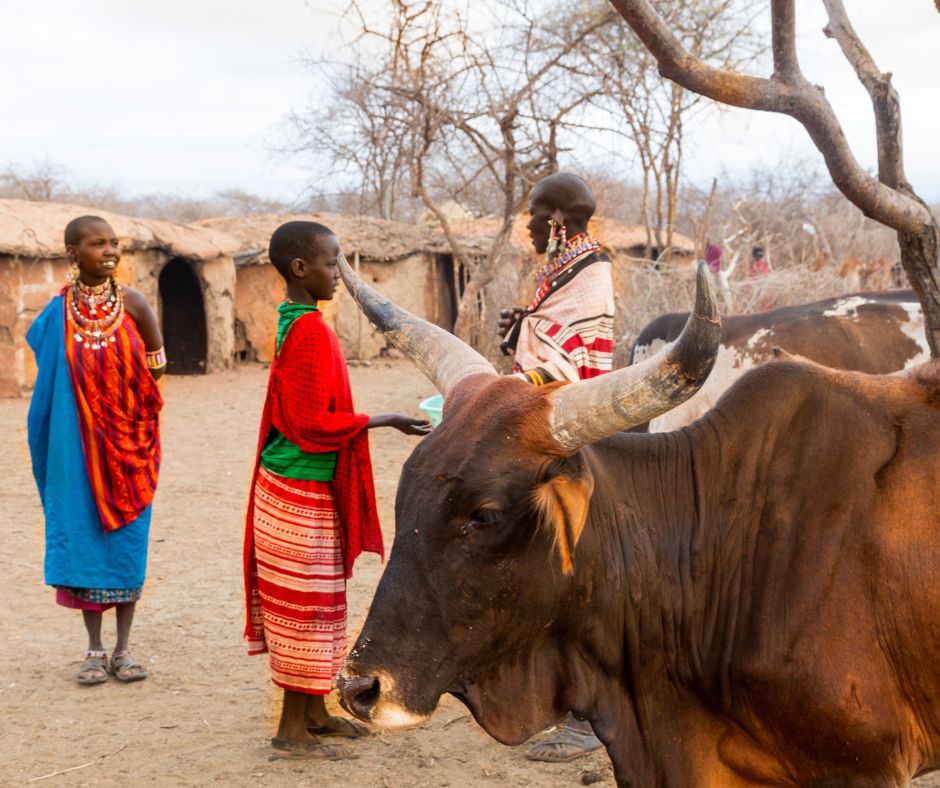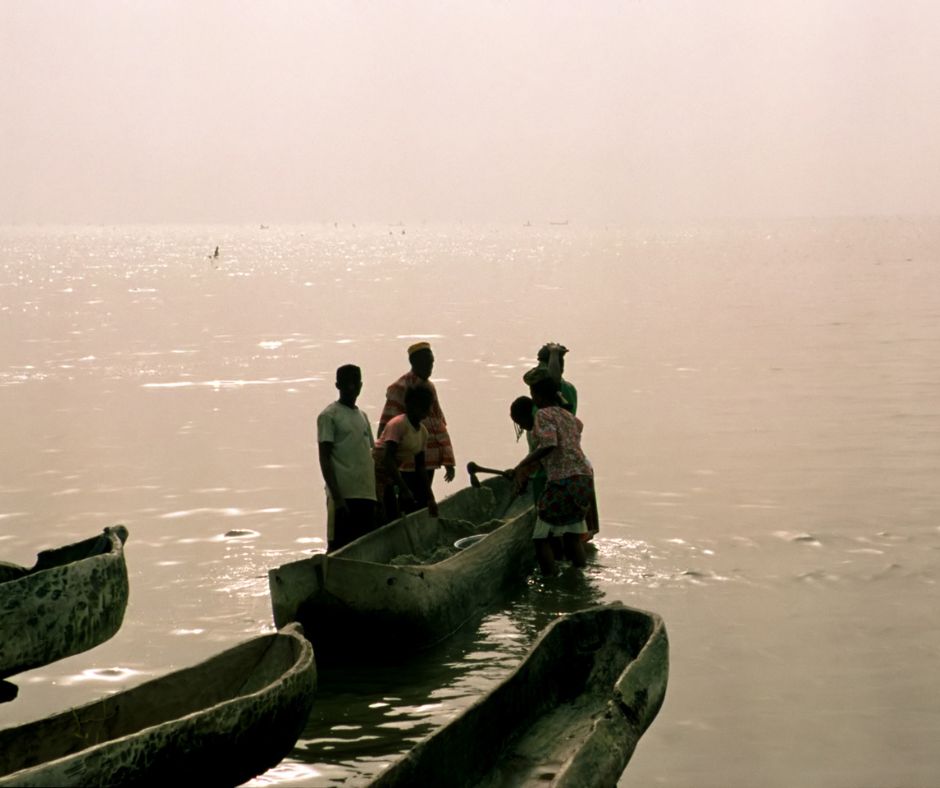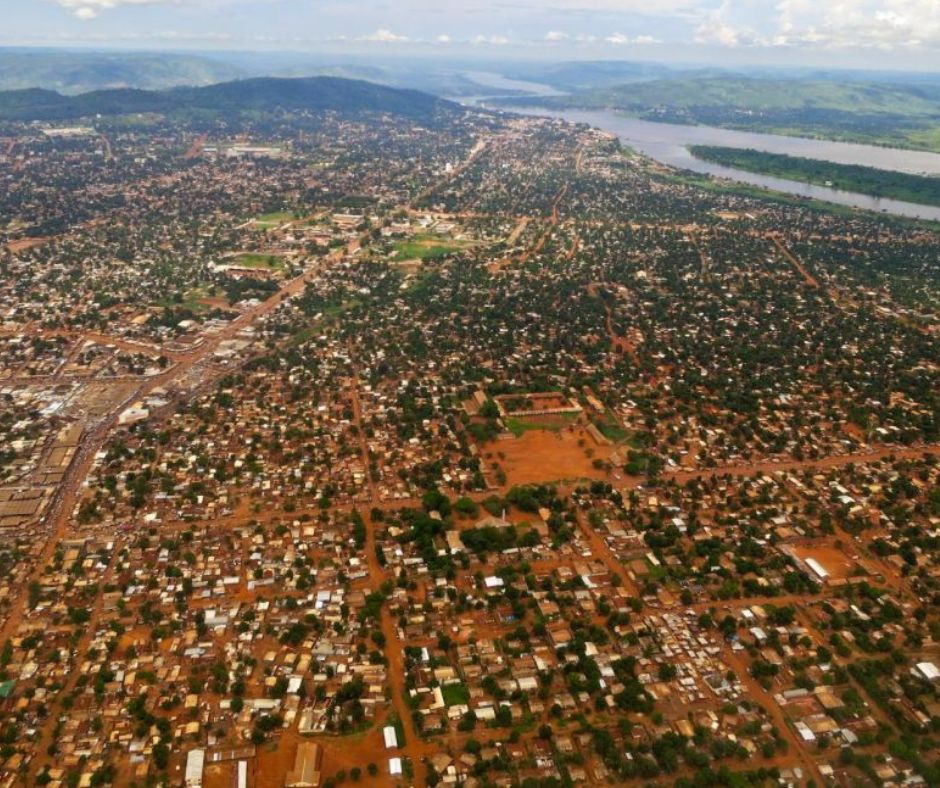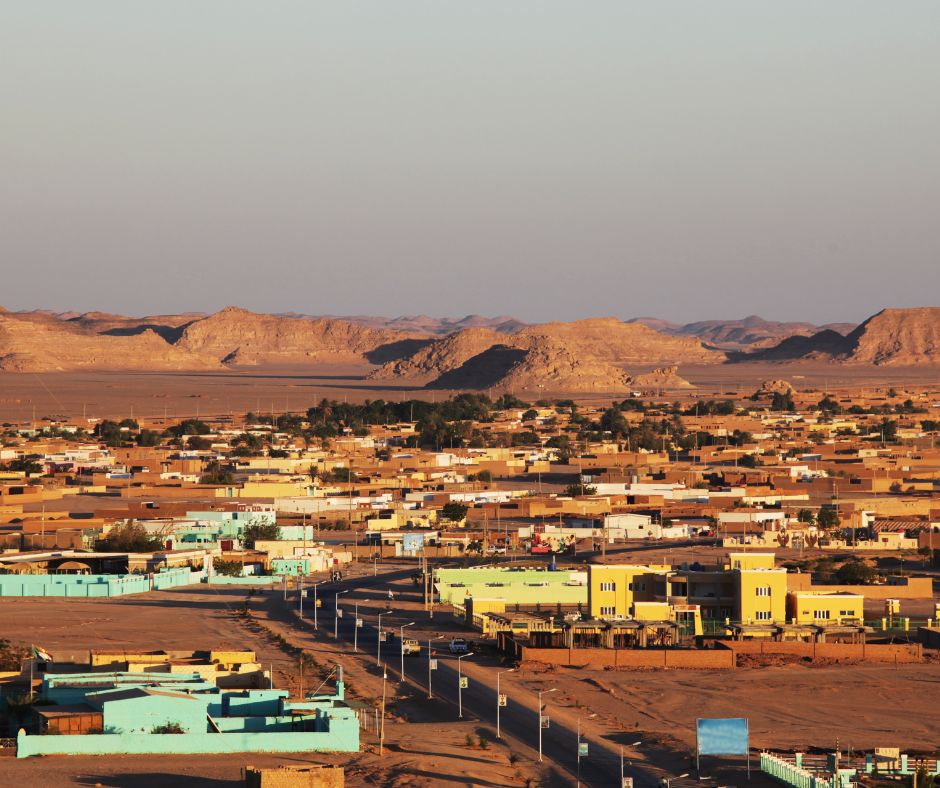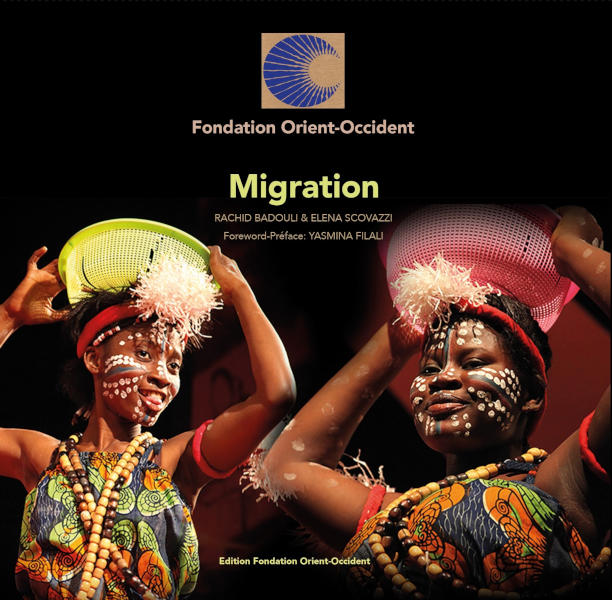I have never hidden my identity; I have always been proud to be Central African and Peul
A big family in the Central African bush
Bairo is a young Central African from the heart of Africa, in a small village not geolocated by Google Maps, called “Ptit”. In this village without electricity or school, his father was a farmer, looking after cows and a few goats. His family was very large: 23 children, 10 of them with his own mother. They were very important in the region. Some members are even chiefs of the surrounding villages. The Rebels in the country’s North forced them to leave their village, their homeland, to settle in Cameroon. Today, Bairo is alone in Morocco; some family members have stayed in Cameroon, and the rest are in refugee camps.
Bairo, the dart player with a sharp eye!
When asked about a happy memory of Central Africa, Bairo recalls a very special game requiring agility and dexterity. On horseback and equipped with darts, he had fun with friends shooting at trees. The goal is simple: to be the first to hit the target while winning the horse race. On your marks, get set, and aim!
Protein-rich cuisine!
As a farmer’s son, Bairo ate a lot of food made from cow’s milk. He remembers a cheese made by his mother, which he calls Niebamnai. It is a cheese made by the Peul and Tuareg, like mozzarella. “You have to let it rest like yoghurt,” advises Bairo.
Central Africa is also a big consumer of the famous koko. A wild tropical plant, koko is found mainly in the Southwest of the Central African Republic and is served with smoked fish or beef.
A good sauce must, of course, accompany all meat and fish! Some of his favourites are Foléré (sour leaves that can be eaten as a meal or natural juice) or Arachide sauce.
To end your meal on a sweet note, Bairo advises you to try Dakéré, also called Déguê or Thiakry. He generously gives us the steps for its preparation. First, you have to put water in the bottom of the pot, and put the corn or millet flour (in the form of grain). Remember to close the lid tightly. In another bowl, mix yoghurt and sugar. Add the sugar and yoghurt mixture to the flour and form balls. Your Dakéré is ready!
Bairo, Peul and proud of it
Bairo is of Peul origin. The Peul are found throughout West and Central Africa and are generally herders and traders. They are Muslims and are often in the minority in various African countries. “Normally, the Peul should stay on their land; they should not leave,” says Bairo, who might one day return to his country. “In Cameroon, I have never hidden my identity; I have always been proud to be Central African and Peul”. Bairo acknowledges the difficulty of living in Cameroon, especially as a Central African. The teenager remembers Central Africans kept their identity secret to gain acceptance. He never tried to hide his identity secret.
Later, he would like to study politics and history. In his village, he did not have the opportunity to go to school; he learned French on the street, on his own. Bairo studies daily at the Fondation Orient-Occident to learn and give himself a chance to achieve his ambitions.

